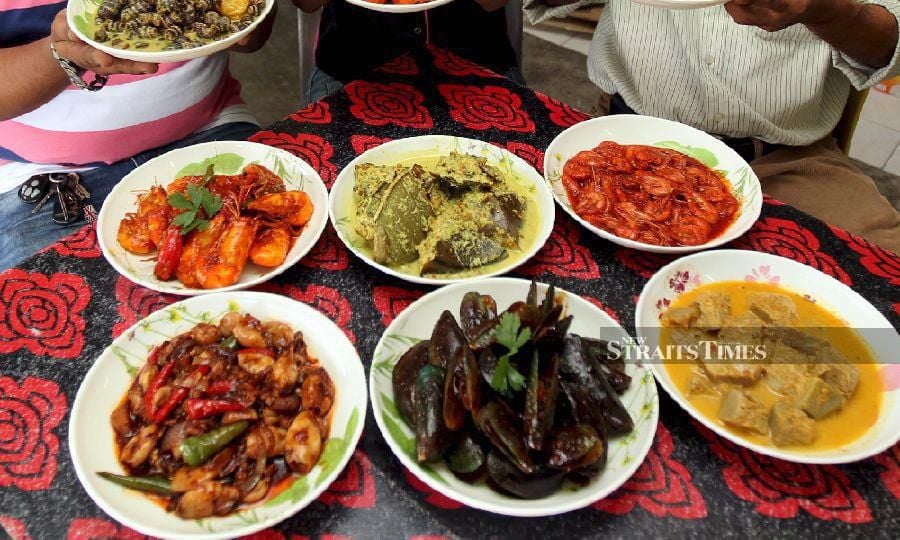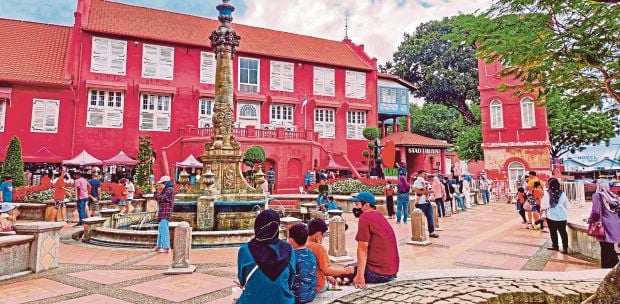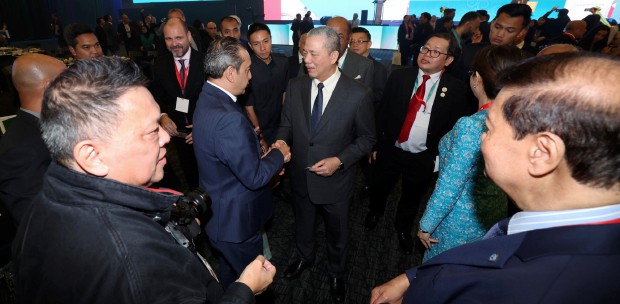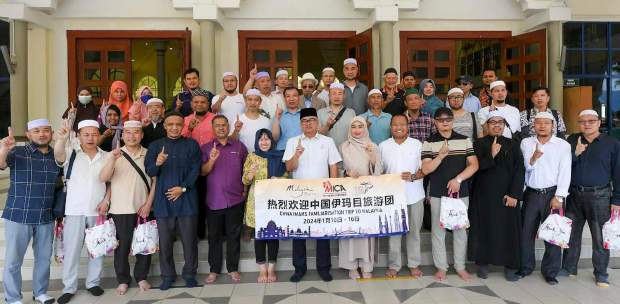LETTERS: TOURISM growth is not just about meeting the needs and interests of international tourists. It is also about meeting the cultural and leisure aspirations of local folk.
Many from the younger generation do not know much about our food heritage.
Modernisation and globalisation have led to changes in how food is made, how it is eaten and how food information is passed on to the next generation. Each ethnic group's food culture has changed in a big way because of how information is shared through the media and social interactions.
For the younger generation to learn about our food heritage, it is important to use the newest technologies and tools. A lot of information is easy to find on social media and other platforms.
Modernising the way heritage food is prepared can help capture the eyes and minds of people, including tourists, from various backgrounds. It gives a new dimension to Malaysian food heritage.
The government, through its tourism agencies, has poured more effort into online advertising and social media activities to keep up with global advertising trends.
For example, in CNN's list of Malaysia's top 40 foods published last year, mee goreng mamak, apam balik, nasi kerabu, ayam percik and nasi lemak were in the top five.
Celebrity chefs can be roped in to educate people about Malaysian food heritage through domestic and international marketing initiatives. They can participate in food events, cooking shows or talks, whether on television or radio.
Besides that, a co-branding strategy involving international chain restaurants could be another way to promote and educate people about our food heritage.
Then there is the halal factor. We should make the country a global centre for halal commerce.
Prioritising halal has attracted more Muslim tourists to the country. Malaysia was recognised as the best Muslim-friendly destination in the Global Muslim Travel Index 2023 report by the Organisation of Islamic Cooperation.
Putting a halal logo on Malaysian food commodities can also help make our products more recognisable.
The government should see heritage food as a business opportunity with great room for development. It can unite people across ethnicities and religious groups.
To market Malaysia as a culinary tourism destination, all these components must come together to create a unique food heritage experience.
MOHD HAIRI JALIS
Faculty of Hotel and Tourism Management,
Universiti Teknologi Mara
The views expressed in this article are the author's own and do not necessarily reflect those of the New Straits Times





